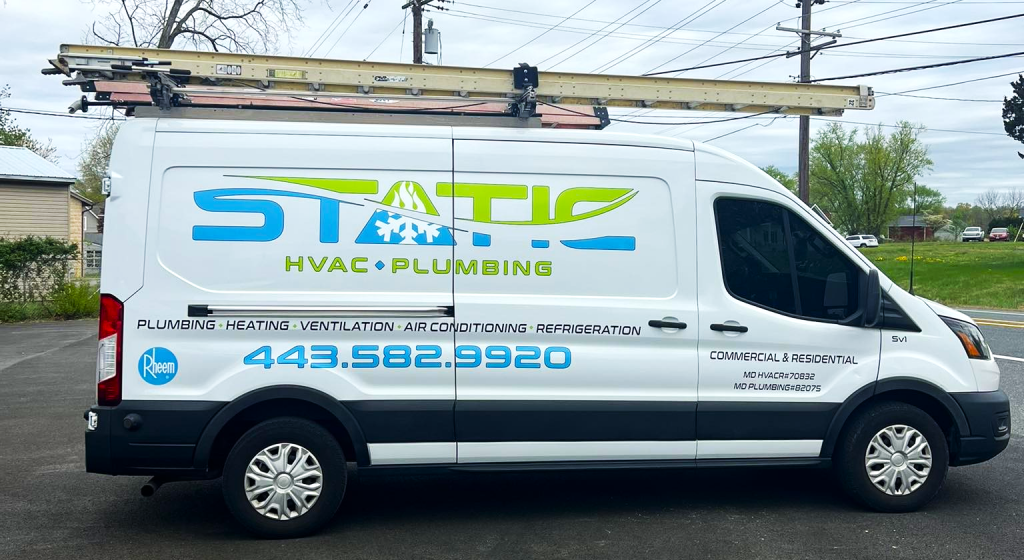
HVAC Maintenance Program
Ensuring Optimal Performance and Longevity
Introduction
Heating, Ventilation, and Air Conditioning (HVAC) systems are integral to maintaining indoor comfort in both residential and commercial buildings. An effective HVAC maintenance program is essential for ensuring the optimal performance and longevity of these systems. Regular maintenance can prevent unexpected breakdowns, improve energy efficiency, and enhance indoor air quality.
Benefits of Regular HVAC Maintenance
There are numerous benefits to establishing a routine maintenance schedule for HVAC systems:
Improved Efficiency
Regular maintenance helps keep HVAC systems running efficiently. Clean filters, coils, and other components allow the system to operate smoothly, reducing energy consumption and lowering utility bills.
Extended Lifespan
HVAC systems that receive regular care and attention tend to last longer. By addressing small issues before they become major problems, you can avoid costly repairs and extend the lifespan of the equipment.
Enhanced Air Quality
Maintenance programs include tasks such as cleaning and replacing filters, which helps remove dust, allergens, and other pollutants from the air. This leads to better indoor air quality and a healthier living environment.
Reduced Risks of Breakdowns
Routine inspections can identify potential issues early, allowing for timely intervention. This reduces the likelihood of unexpected breakdowns and the inconvenience and expense they can cause.
Improved Efficiency
Regular maintenance helps keep HVAC systems running efficiently. Clean filters, coils, and other components allow the system to operate smoothly, reducing energy consumption and lowering utility bills.
Components of an HVAC Maintenance Program
Components of an HVAC Maintenance Program
Regular Inspections
Scheduled inspections are crucial for identifying any wear and tear or potential issues with the system. These inspections should be conducted by qualified technicians who can evaluate the performance and condition of the HVAC unit.
Cleaning and Lubrication
Cleaning the various parts of the HVAC system is essential for maintaining efficiency. Lubrication of moving parts reduces friction and wear, ensuring smooth operation.
Filter Replacement
Filters should be replaced regularly to prevent the accumulation of dust and debris. The frequency of replacement depends on the type of filter and the usage of the system.
Checking Refrigerant Levels
Correct refrigerant levels are vital for the cooling function of HVAC systems. Technicians should check and adjust these levels as necessary to ensure optimal performance.
Inspection of Electrical Components
Electrical connections should be checked to ensure they are secure and functioning correctly. Faulty electrical components can lead to system failure or safety hazards.
Testing System Controls
The controls of the HVAC system, including timers and safety switches, should be tested to verify they are working properly.
Seasonal Maintenance Tasks
Different seasons require specific maintenance tasks to ensure HVAC systems are prepared for the changing weather conditions:
Spring Maintenance
- Inspect and clean the outdoor unit.
- Check refrigerant levels and adjust if necessary.
- Replace or clean air filters.
- Test the cooling function to ensure it operates efficiently.
Fall Maintenance
- Inspect and clean the heat exchanger.
- Replace or clean air filters.
- Check the thermostat settings for correct functions.
- Test the heating function to ensure it operates efficiently.
DIY Maintenance Tips
While professional maintenance is crucial, there are several tasks that homeowners can perform to keep their HVAC systems in good condition:
Regularly Change Filters
Changing filters every 1-3 months can prevent dust and debris from accumulating and ensure better air quality.
Keep Vents Clean
Ensure that vents and registers are free from obstructions to allow for proper airflow throughout the home.
Clear Debris from Outdoor Units
Remove leaves, dirt, and other debris from around the outdoor unit to maintain efficient operation.
Conclusion
An HVAC maintenance program is essential for preserving the performance, efficiency, and lifespan of your heating and cooling systems. By following a routine schedule and addressing issues promptly, you can ensure a comfortable and healthy living environment while saving on energy costs and avoiding unexpected repairs. Whether through regular professional inspections or DIY efforts, maintaining your HVAC system is a valuable investment in the comfort and safety of your home or business.
